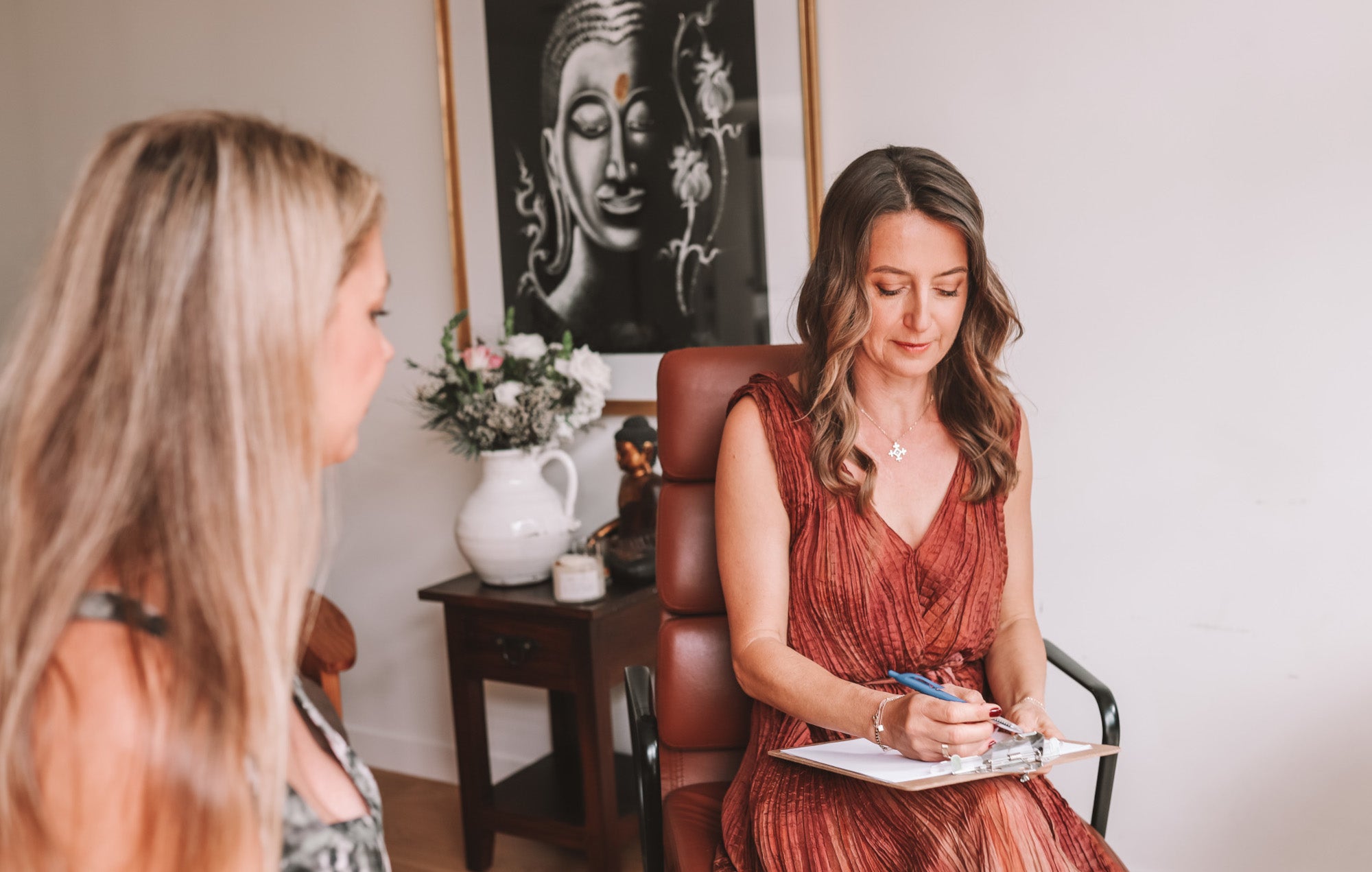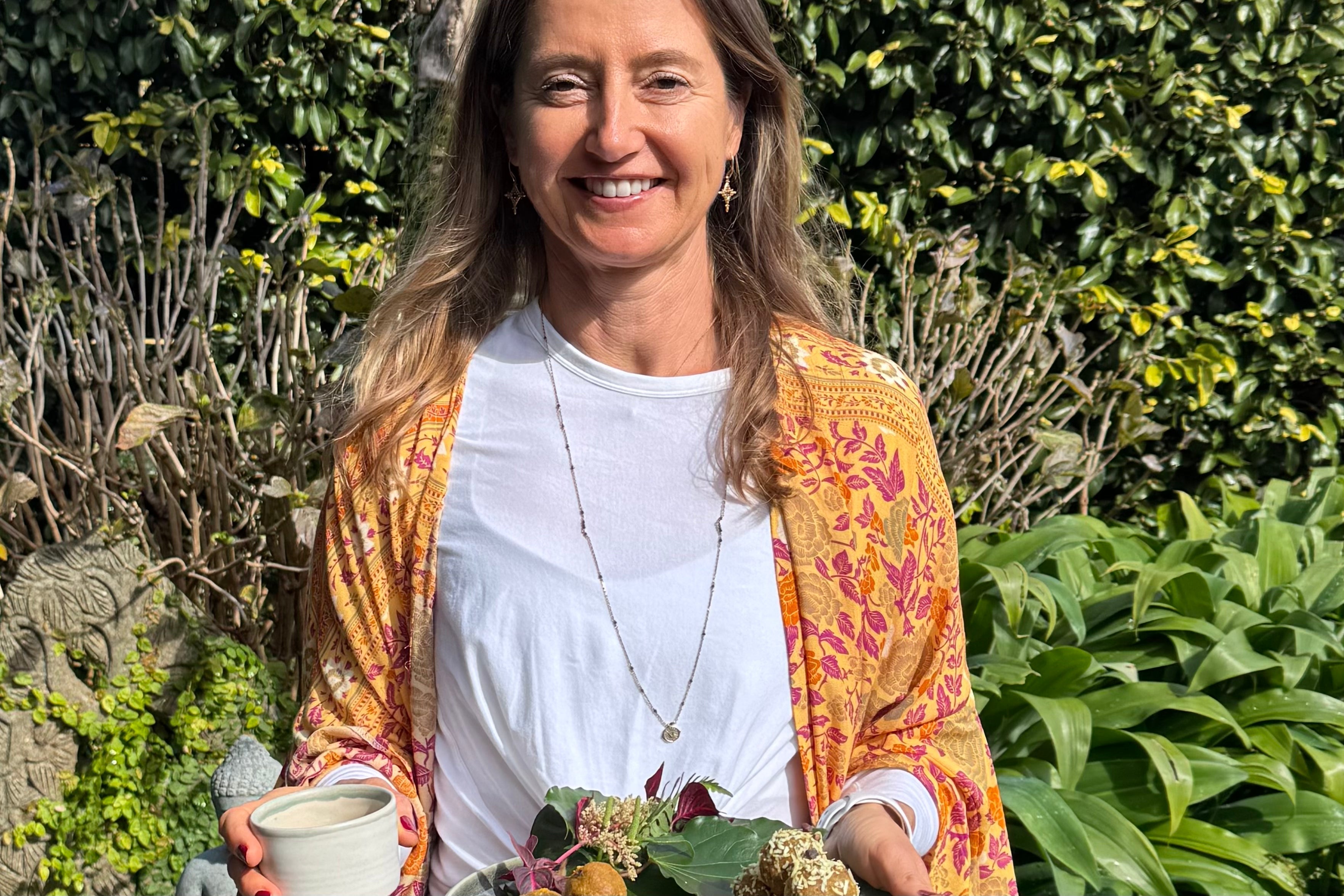Following our interview last month with Ayurveda practitioner and yoga therapist Sarita Solvig Blankenburg, we are thrilled to bring Ayurveda into the homes of our community each issue with a regular column that will provide a forum for health questions, seasonal routine recommendations and relevant topics as they would be viewed through an Ayurvedic lens.
Ayurveda and Mental Health
As the end of the year approaches, our festive season kicks into gear. Work functions and weekend gatherings start to fill our schedules while we are planning and looking forward to our summer holidays. Our calendars are jam packed, and, more importantly, so are our minds. This can affect people in different ways such as elevated stress levels, poor quality of sleep, indigestion and other health issues. Not to mention the many opportunities to overindulge in food and alcohol during the Christmas season.
Ayurveda, one of the world’s oldest medical systems from India, offers many tools to help ease the mental load both physically and emotionally. Its holistic approach suggests living in harmony with the rhythms of nature and in accordance to your own body-mind constitution, called ‘dosha’. The three doshas known as Vata, Pitta and Kapha are responsible for a person’s physiological, mental and emotional health. Each individual has a unique ratio of the doshas, and usually one stands out more than the others.
Acknowledging your own doshic constitution when making dietary or lifestyle choices can have a profound impact on your health. On the contrary, ignoring your tendencies and following a lifestyle that doesn’t suit your doshic constitution can lead to imbalances and ultimately evolve into disease.
Mental health is governed by the neurological system and strongly linked to Vata dosha. To balance Vata, Ayurveda recommends a daily routine, applying oils to the skin and practising pranayama (breathing exercises). Simply by eating and sleeping at consistent times each day, gives the body regular doses of energy, allowing resources to be allocated appropriately and prevents the buildup of unwanted toxins.
An Ayurvedic ritual with a calming effect on the nervous system is self-massage with a dosha specific herbal oil before your shower in the morning. It increases the hydration of the body by providing a medium for minerals and fluids to be held in the tissues.
Deep and mindful breathing is paramount to a healthy mental state. Oxygen is the fuel for cell function. Even five minutes a day of consistent, deep breaths may give you the few moments of peace that the body and mind so desperately need in this busy season.
Ayurveda offers a number of body therapies targeted at the nervous system. One of them is Shirodhara, a unique rejuvenating treatment, often referred to as an experience of timelessness and bliss. The treatment begins with a traditional Indian head massage to stimulate the nerve endings on the skull. Then warm oil is gently poured in the centre of the forehead in a rhythmic, steady stream. Shirodhara is beneficial for sleep disorders, stress relief, headaches, depression and anxiety.
In addition, a range of Ayurvedic herbs such as ashwagandha or brahmi support the nervous system and facilitate a healthy response to everyday stresses of modern life. The Sattva Botanicals Mental Health Formula is a blend of these two herbs and more nervines that promote relaxation and support a restful sleep.
If you would like to book an Ayurvedic consultation to find out your doshic constitution and get a customized treatment plan, please contact Sarita, or book a time online now.






Share:
Discover your Dosha - and why it matters!
Ponsonby News Column February 2024: Perfect time for an Ayurvedic Detox